Impact of Religious and Spiritual (R/S) Competency Training Program in an Interprofessional Behavioral Health Organization
Principal Investigators
Dr. Brant VanOrman
Pine Rest Christian Mental Health Services
Rev. Karl VanHarn
Pine Rest Christian Mental Health Services
Abstract
This study aims to directly connect the training of clinician competencies in religion and spirituality (R/S) with improved client outcomes in outpatient treatment. Pine Rest Christian Mental Health Services is a large, free-standing behavioral health system with inpatient, residential, and outpatient services. Approximately 220 outpatient staff (psychologists, social workers, and professional counselors) provide evidence-based therapy services to persons experiencing diverse behavioral health problems. Outpatient staff have a wide variety of previous training experiences and expertise in working with R/S in therapy. Forty therapists (“clinicians”) will elect to be trained in four R/S competencies: First, they will be trained to conduct a sensitive and thorough assessment of R/S at the initiation of outpatient therapy services, including ways R/S may be a strength for a client and ways that R/S could be problematic for the client. Second, the clinicians will be trained to determine when collaboration with R/S leaders may be appropriate and how to engage or make referrals to such leaders. Third, the clinicians will be trained to develop awareness of their own R/S history, possible biases, and how to manage these when providing outpatient therapy. Fourth, clinicians will be trained to identify when a client’s R/S strengths and resources might support treatment. Twenty clinicians will be assigned to the intervention group while twenty will be assigned to a waitlist control group. The R/S training intervention will consist of 5 one-hour interactive didactic seminars, 3 structured case conferences, and two 30-minute individual meetings with the trainers. Clients of both the intervention and waitlist groups will be assessed after the 1st, 2nd, and 5th sessions. Client outcomes measures include standard clinical outcomes (PHQ-9, GAD-7, and C-SSRS), attrition in treatment, and the Working Alliance Inventory-Short Revised. Additionally, clients will complete a survey measuring their satisfaction with the R/S assessment process and their satisfaction with the ways their clinician has addressed R/S in treatment Four times during the study, clinicians will complete self-assessments of their competencies in these areas: 1 - at the beginning of the study, 2 - when the intervention group has completed their clinical training, 3 - when the waitlist group is beginning their clinical training, and 4 - when the waitlist group has completed their clinical training. The efficacy of the curriculum will be measured by comparing outcomes between the clients of the intervention and waitlist groups. Curriculum efficacy will also be evaluated by comparing clinician self-ratings from before and after the R/S training has occurred.
Project Team
Dr. Brant VanOrman, PI
Rev. Karl VanHarn, Co-PI
Carol Janney, Research Team Member
Dr. Ahnalee Brincks, Consultant


